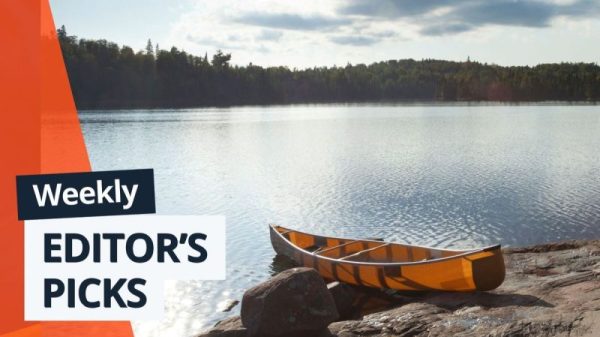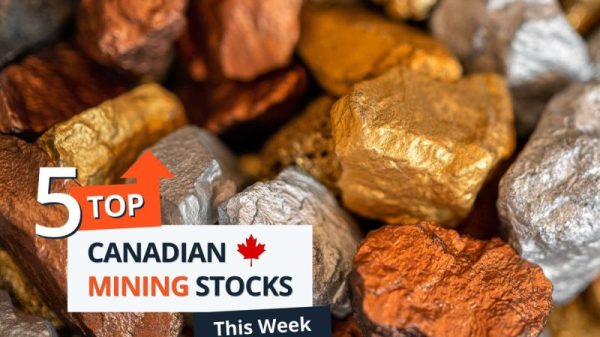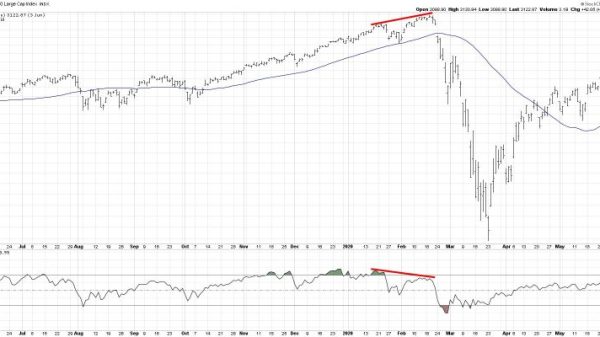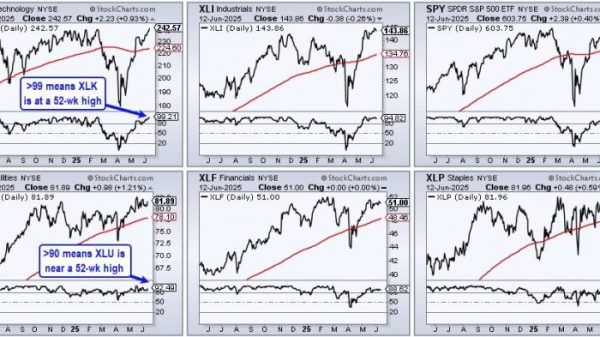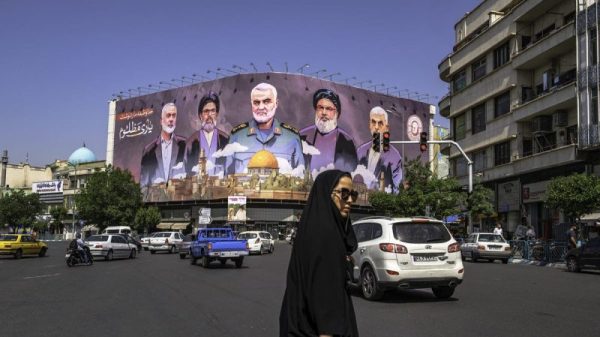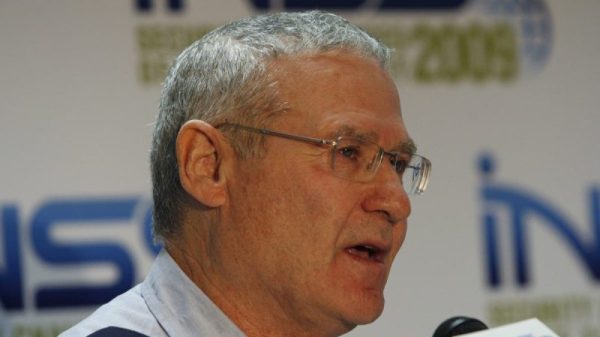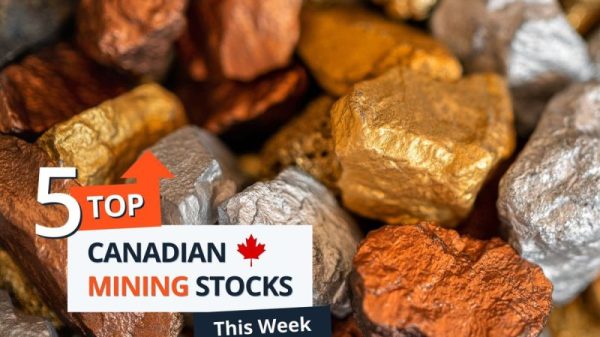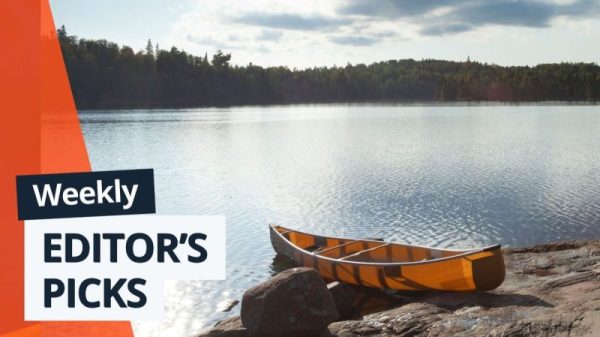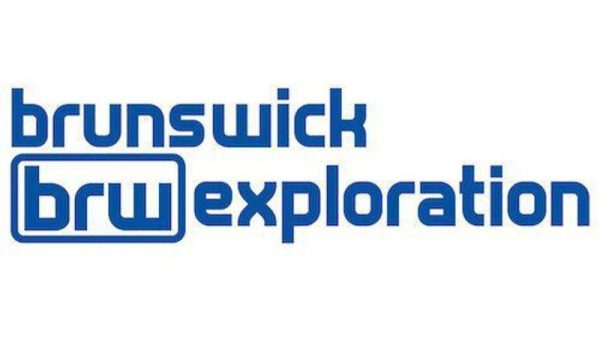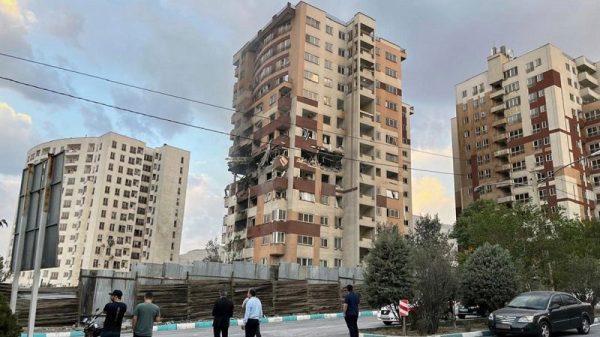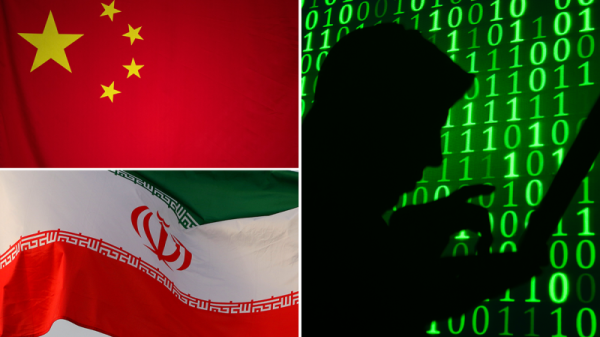In late August, a container vessel sailed out of Angola’s Port of Lobito carrying railway operator Lobito Atlantic Railway’s first shipment of copper from the Democratic Republic of Congo (DRC) to the US.
It was a milestone moment for the Lobito Corridor, an initiative backed by a US and Europe that aims to create an efficient transport link from Africa’s mineral-rich interior to the port on its west coast for export, by rejuvenating and expanding old railways.
It took the copper six days to travel from the city of Kolwezi in the DRC – home to some of the world’s largest copper and cobalt reserves – across more than 1,300 kilometers (800 miles) of rail lines to the Port of Lobito.
That’s about 30 days faster than a road journey, according to Francisco Franca, the CEO of Lobito Atlantic Railway (LAR), a consortium of firms that took over operations of the railway in January. Franca says LAR is investing $250 million to improve the rail lines and telecommunications infrastructure in Angola, and add 1,500 wagons to its fleet.
Momentum behind the corridor connecting Africa’s so-called Copperbelt to the Atlantic Ocean comes as Beijing and Washington jostle for supremacy in green technology, driving demand for critical minerals like copper, lithium and cobalt.
US financing
In recent decades, China’s Belt and Road Initiative (BRI) has bankrolled railways, highways, communications infrastructure, ports and mines across the developing world. That includes loans to refurbish the 100-year-old Benguela Railway in Angola which was badly damaged during a 27-year civil war that ended in 2002.
China has also invested heavily in the DRC, and its access to minerals in Africa has given it a lead in industries like electric vehicle battery production, according to analysts.
That hasn’t gone unnoticed in Washington. In 2022, the US and its G7 allies formally launched the Partnership for Global Infrastructure and Investment (PGI), which is aiming to mobilize $600 billion in global infrastructure funding by 2027, to act as an alternative to the BRI.
The US is providing hundreds of millions of dollars of financing for the Lobito Corridor, a flagship of the PGI, which is built on the bones of the Benguela Railway.
“This first-of-its kind project is the biggest US rail investment in Africa ever,” US President Joe Biden said during a late 2023 visit by Angola’s president to Washington. “A partnership between Angola and America is more important and more impactful than ever,” he added.
Today, most of the minerals leaving the Port of Lobito go to Asia, said David Reekmans, the managing director of AGL Lobito Terminal, which in March took over the port’s operations. AGL is investing more than $100 million to improve the port, which Reekmans hopes will lead to increased volumes flowing through it – and it may also act as a conduit for new trade flows.
In the future, Reekmans expects a “diversion of minerals that are now going to Asia” to the US and Europe.
Feasibility studies are under way for a second, more ambitious phase of the project, which will expand the railway 800 kilometers (500 miles) to Zambia. And the US hopes to one day extend the line to the Indian Ocean through Tanzania, connecting the east and west of the continent, although these plans could change under a Trump administration.
In September, Chinese President Xi Jinping hosted delegations from dozens of African countries at a summit seeking to strengthen ties amid pressure from the west. On the sidelines of the event, Beijing signed an agreement to redevelop a railway between Zambia and a Tanzanian port.
“Economic development along the corridor”
About 30% of Angola’s 37 million people live below the poverty line, and youth unemployment is widespread. Across the border in Zambia and the DRC, the proportion of the population living in poverty is closer to 60%.
Critics say that the corridor’s focus on extracting and exporting raw materials will bring limited financial benefit to these countries. They argue that more focus should be put on developing local value-added processing.
But project proponents say that the corridor will create thousands of jobs and catalyze the growth of myriad sectors.
“Lobito Corridor is not just a railway line, but is the economic development along the corridor,” said Franca, the CEO of LAR.
For companies like his, the benefits of the Lobito Corridor are clear. “It’s very important in terms … of efficiency, of costs,” said Catarro.
“If we don’t have this logistic infrastructure installed in a country, it’s impossible to grow in the future,” he added.

